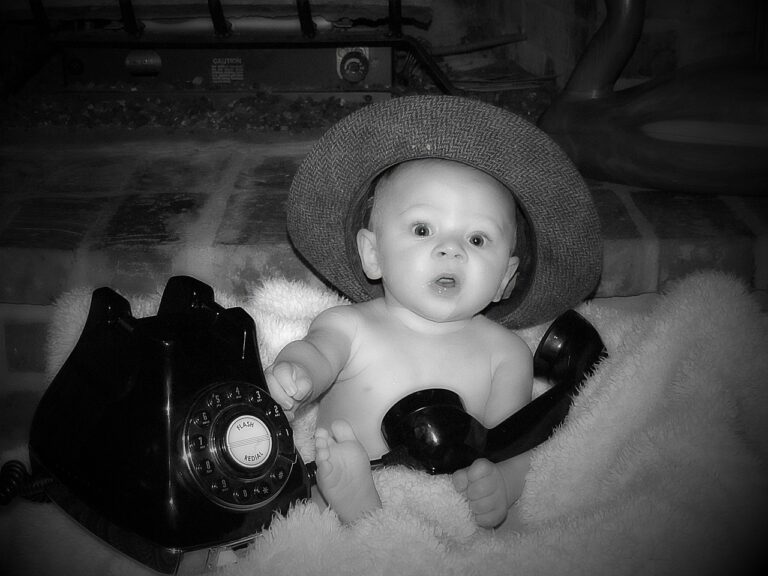Analyzing the Psychology of Cognitive Development in Educational Entertainment: All panal.com, Laser247 com, Yalo247
all panal.com, laser247 com, yalo247: Analyzing the Psychology of Cognitive Development in Educational Entertainment
Have you ever wondered how children’s brains develop and learn while they are being entertained? Educational entertainment is a form of media that combines fun, engaging content with educational information to help children learn new concepts and skills. This unique form of entertainment can have a significant impact on cognitive development in children. Let’s dive into the psychology behind cognitive development in educational entertainment.
Understanding Cognitive Development
Cognitive development refers to the growth and maturation of the brain’s ability to process information, solve problems, and think critically. This process begins at a very early age and continues throughout a person’s lifetime. In children, cognitive development plays a crucial role in their ability to learn new skills, understand complex concepts, and make sense of the world around them.
Educational entertainment harnesses the power of cognitive development by providing children with engaging content that stimulates their brains and encourages them to learn. By combining fun activities, games, and interactive elements with educational information, children are able to absorb new knowledge in a way that feels natural and enjoyable.
The Role of Play in Cognitive Development
Play is a fundamental aspect of cognitive development in children. When children play, they are not just having fun – they are also learning and growing. Educational entertainment often incorporates playful elements that encourage children to explore, experiment, and problem-solve. This type of play is essential for helping children develop critical thinking skills, creativity, and emotional intelligence.
Through play, children are able to test out new ideas, make mistakes, and learn from their experiences. Educational entertainment provides a safe and supportive environment for children to engage in play-based learning activities that promote cognitive development.
The Impact of Educational Entertainment on Learning
Research has shown that educational entertainment can have a positive impact on children’s learning outcomes. By presenting educational information in a fun and engaging way, children are more likely to retain new knowledge and apply it in real-world situations. Educational entertainment helps children connect with the material on a deeper level, making learning more meaningful and long-lasting.
Incorporating educational entertainment into children’s lives can help foster a love of learning and curiosity about the world. By creating a positive and engaging learning environment, children are more motivated to explore new ideas, ask questions, and seek out new opportunities for growth and development.
FAQs
Q: How can parents incorporate educational entertainment into their child’s routine?
A: Parents can introduce educational entertainment by selecting age-appropriate shows, games, and activities that align with their child’s interests and learning goals.
Q: Is educational entertainment better than traditional forms of learning?
A: Educational entertainment is not necessarily better than traditional forms of learning, but it can provide a fun and engaging supplement to formal education.
Q: What are some examples of educational entertainment?
A: Examples of educational entertainment include educational TV shows, interactive learning apps, and educational games that combine fun and learning.
In conclusion, the psychology of cognitive development in educational entertainment is a fascinating field that continues to evolve and grow. By understanding how children’s brains develop and learn, we can create engaging and impactful educational content that helps children reach their full potential. So next time you see a child immersed in a fun and educational TV show or game, know that their brain is hard at work, shaping their path to future success.







